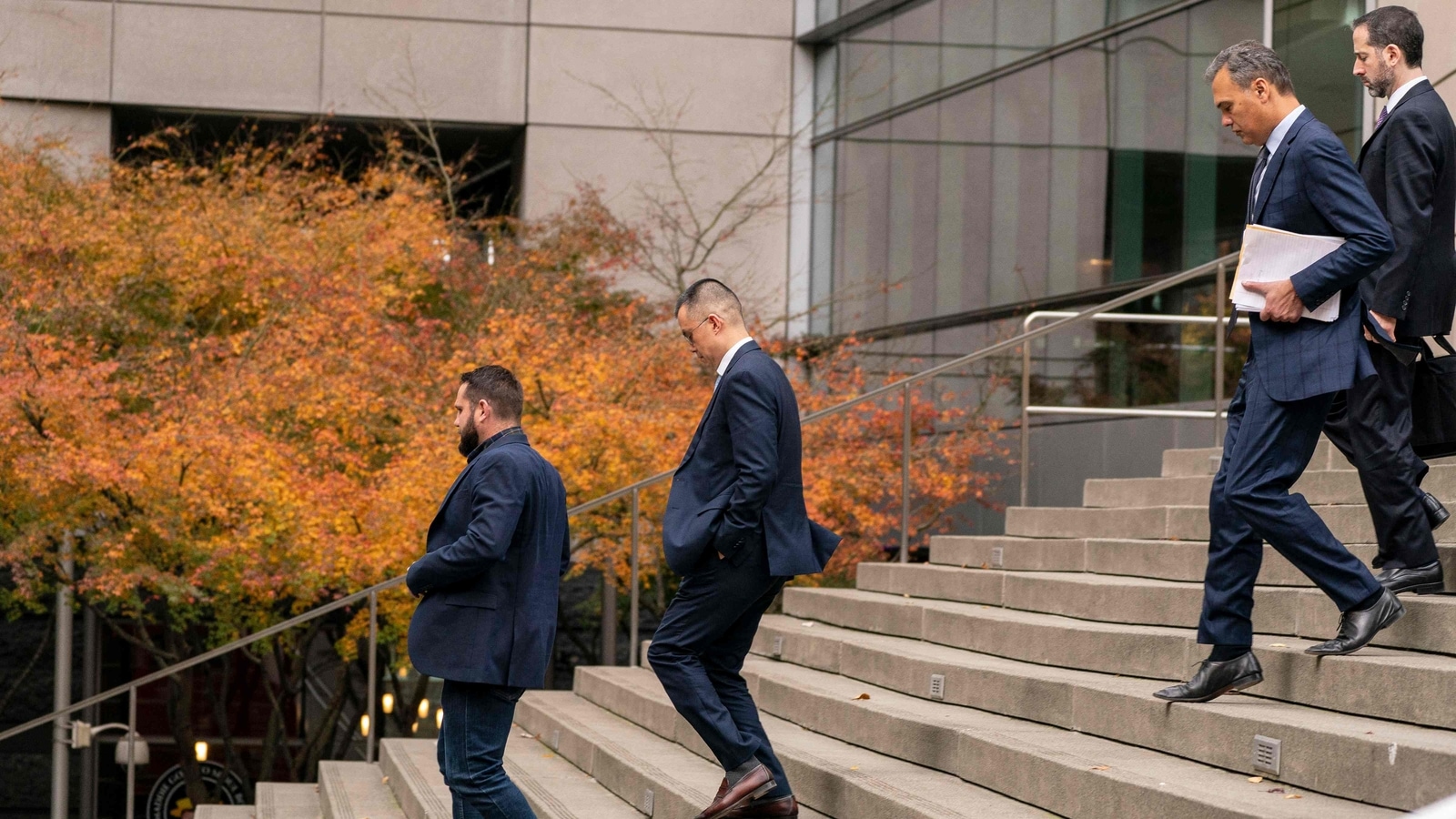Crypto needs a killer app more than a chastened Binance
Many digital currency purists want to reduce the coercive power of government and big finance, not get in bed with them — and certainly not on their terms.

Here's a question few of us will ever have to answer. Would you rather have $23 billion living in the United Arab Emirates with no US extradition treaty, or sacrifice a chunk of your wealth and perhaps spend 18 months behind bars to resolve all your issues with the US Department of Justice and Securities and Exchange Commission?
Binance Holdings Ltd. CEO Changpeng Zhao appears to have chosen the latter. We don't know all the details of the deal — most importantly the length of time, if any, Zhao must spend in prison — but it appears to clear the way for Binance to continue as the world's largest crypto exchange and for Zhao to keep his top-100 status on the Bloomberg Billionaires Index.
I see a major risk that the deal itself, as well as the strengthened controls it will require, will taint Binance among many of its customers, especially outside the US. People who want US-compliant crypto exchanges have established alternatives such as Coinbase Global Inc.
The larger issue is the relationship between the traditional and crypto financial systems. Nearly all the news coverage of crypto focuses on the frontier, where people exchange fiat for crypto currencies, or trade crypto assets to earn fiat currency profits, or raise fiat cash for crypto projects, or use crypto to buy conventional goods and services. This is no doubt due to the excitement and conflict and crime and punishment and fortunes won and lost.
But it's a skewed perspective since it misses the much bigger story of relatively peaceful and steady development of crypto protocols that do not require any interaction with the traditional financial or legal system. Hot areas are projects in the Metaverse, Web 3.0, Layer 2 and Layer 3, and don't count out DeFi despite the setbacks of 2022. While all of those things have technical definitions, they're thrown around loosely as buzzwords, more useful for marketing and hype than categorizing and tracking actual projects. But there is real progress in all those things, and more. (Disclosure: I am an active crypto investor, and have venture capital investments and advisory relations with crypto companies.)
Binance grew up on the frontier, navigating murky and inconsistent regulations in multiple jurisdictions, satisfying customers while angering regulators. It appears to have now chosen to reconstitute itself in civilized and known territory on the legal side of the border. US regulators appear to be ready to accept it as a legal immigrant. Along with other settlements this year and expected developments such as SEC approval of a spot Bitcoin ETF, this suggests a negotiated truce between regulators and people who want to move fiat currencies in and out of crypto. The watchdogs of the financial sector seem ready to allow transfers if effective safeguards against fraud, money laundering, tax evasion and sanctions violations can be put in place.
Many old-time crypto purists — and I lean in this direction — are skeptical of this. We think the future of crypto is divorced from traditional finance, that the protocols that will revolutionize society will not be funded with fiat cash, and their value will not be easily translated into fiat. Many people in crypto want to reduce the coercive power of government and big finance, not get in bed with them, and certainly not get in bed on their terms.
But there are many others in crypto who welcome peace on the frontier, with clarified rules. One reason is they think this will reduce fraud and the enabling of crimes from ransomware to terrorism. Another is that it will lower the cost of fiat capital to underwrite crypto projects and increase the fiat currency value that can be extracted from successful ones. But perhaps the biggest reason is it will allow honest people to follow safe-harbor provisions to work in crypto without fear of prosecution.
There is a parallel split on the regulatory side between people who want to bring crypto into the existing legal regime, and those who prefer to isolate crypto from fiat money as much as possible. Zhao's deal with US regulators appears to be a victory for the former group. If the deal satisfies both sides, we can expect other crypto frontier gunslingers to come in from the cold.
The future of crypto will be determined by the technology, not by billionaires and lawyers negotiating over frontier real estate. If crypto comes up with the “killer app” that will convince hundreds of millions of people to learn real crypto — not just holding cryptocurrencies in portfolios or speculating in NFTs — then it will take off on its own, without needing to ask regulators for permission or traditional investors for capital. Without a killer app, crypto will remain a useful technical tool for niche projects and true believers. There won't be enough economic value in it to interest lawyers or most investors.
Catch all the Latest Tech News, Mobile News, Laptop News, Gaming news, Wearables News , How To News, also keep up with us on Whatsapp channel,Twitter, Facebook, Google News, and Instagram. For our latest videos, subscribe to our YouTube channel.































